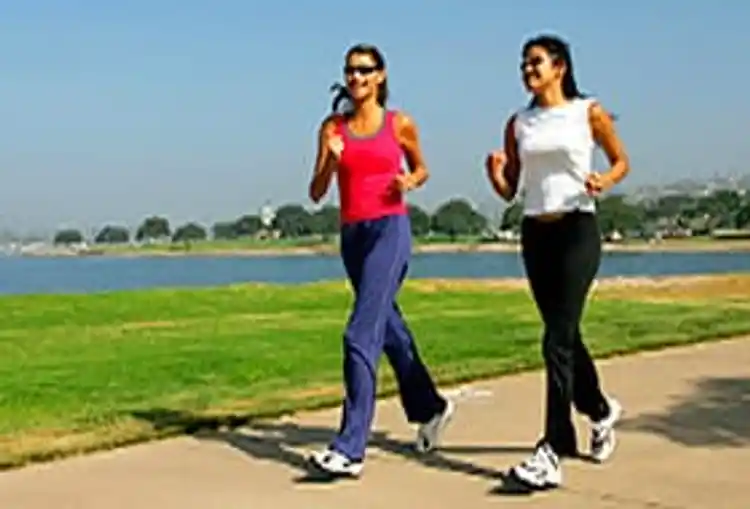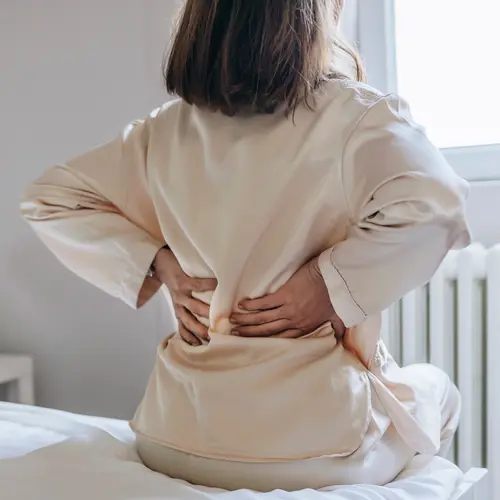Preventing Osteoporosis

Hide Video Transcript
Video Transcript
Narrator
How can I prevent osteoporosis? Ethel Siris, MD
Osteoporosis is, to a substantial degree, a preventable condition, but it's lifelong. So, when you're a little kid, you need to be physically active, because that's when you're growing your skeleton. Today, kids are not physically active. Your genetics are going to endow you with a certain size bone mass, you know. If your parents are both five zero, and you know, weigh 97 pounds, you're not going to be a giant. But the point is you're endowed with the capacity to build a certain amount of bone. You've got to be sure you do it. So it means kids have to be physically active, well nourished, adequate calcium from dairy foods, not smoke when they get to be adolescents. Make sure your kids don't develop, your daughter doesn't have an eating disorder. Healthy kids will grow their skeletons as they should. When you're in your twenties, you want to continue to be physically active. You want to make sure that your diet contains enough calcium and you want to also get enough vitamin D. Dairy foods have lots of calcium. If you're not able to take dairy, you need to take calcium in supplement form. And vitamin D, which is a hot new topic, we're now saying that people need at least 800 units of D a day, which is very different from what we used to say. You want to get that vitamin D and that usually requires a supplement because it's hard to get it from uh food. It's in oily fish, not much else. : Seagulls, ocean waves
Ethel Siris, MD
Younger people who are in the sunshine will make their own vitamin D. As you get older, you're a little, it's a little harder to make it from sunshine and most of us are smearing sunscreen on appropriately. So, people have to pay attention to vitamin D requirements and, and pay attention to that. Nat sound
racquet hitting tennis ball Ethel Siris, MD
As you get into your 40s, you want to continue to be physically active. Now, when you stop growing your skeleton, at about 30, your physical activity thereafter is not going to build bone. Once you stop building it, you can't build more. But the physical activity is crucial, whether you're 40, 50, 60, 70 or 80 to the whatever extent you can do it, because it makes you stronger. It makes you less likely to fall. And while not all fractures are because of falls, many of them are falls on fragile bones. So even if your bones are a little thinner, if you don't fall on them, you're less likely to fracture. As you get close to menopause, you're going to have a little bit of bone loss start. After menopause, if you recognize that you may be at high risk, because your mother had a hip fracture, because you're thin, you know because you're on one of the medicines, because you are a smoker, whatever, you may want to get a bone density test. In the United States, it is now policy that if you're 65, it's a screening test, even if you feel fine. 